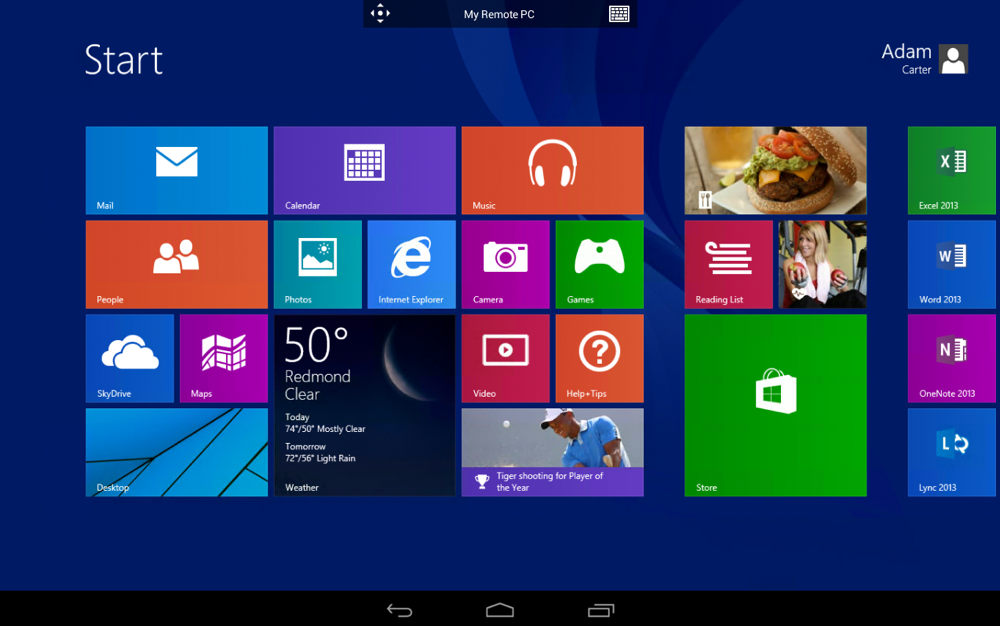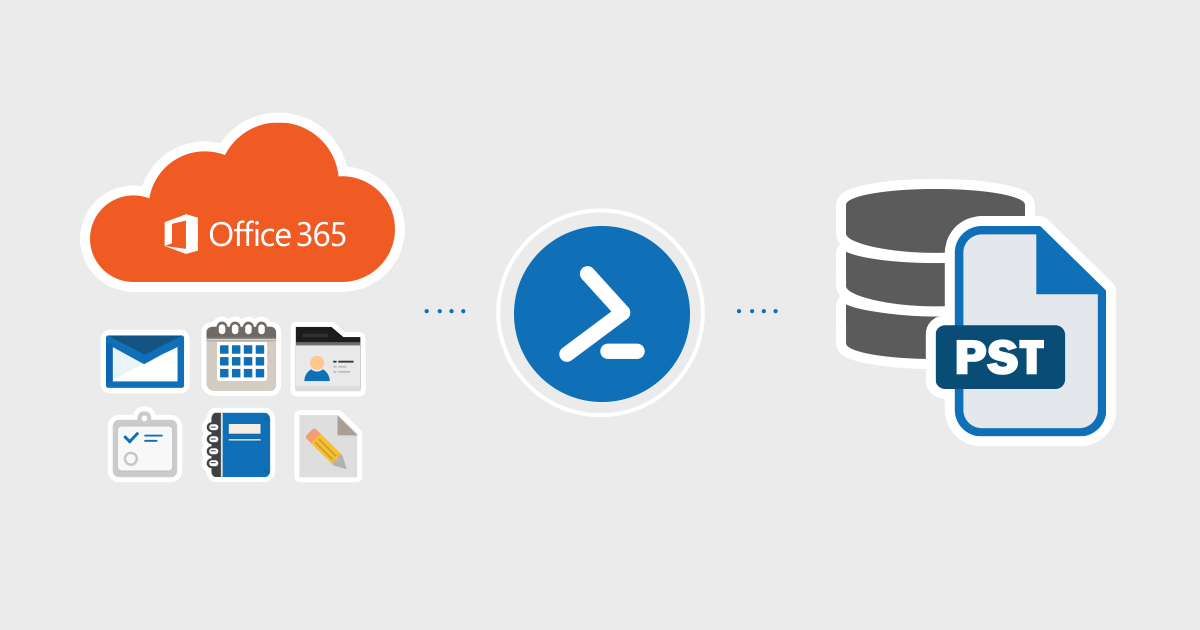- Remote Desktop Connection Download
- Windows Remote Desktop Export Connections
- Microsoft Remote Desktop Export Configuration
- Microsoft Remote Desktop Manager Export Connections
For Windows Dedicated Servers, Windows Virtual Servers, and Windows Cloud Servers
To export your remote desktop configuration, right-click your saved connection in the Microsoft Remote Desktop app, then click Export. Exporting RDP configuration files removes any saved passwords, which the Microsoft Remote Desktop app will warn you. The Microsoft Remote Desktop client is a free Windows 10 app, available through the Microsoft Store, useful when you need remote access to another Windows computer or device.This universal remote desktop client works both with devices available in your network and devices with public IP addresses that are accessible through the internet.
We will explain how you can use the Remote Desktop to copy files between your PC and server.
By default, no FTP server is installed on our Windows Dedicated Servers. Therefore, the easiest way to copy files securely between the server and your computer is to copy via the Remote Desktop.
Open a Remote Desktop Connection.
Windows 8: On the Start screen, type Remote Desktop Connection, and then click Remote Desktop Connection in the list of results.
Windows 10: On the taskbar, click the search box and type Remote Desktop Connection. Then select the Remote Desktop Connection app.
The Remote Desktop Connection window opens.
Click Show Options.
Select the Local Resources (Windows 7 and 8) or Local Devices and Resources (Windows 10) tab and click More...
In the drive overview, select the drives you need for your remote session.
You can now access the mounted drives via Windows Explorer and copy or move files between drives as desired.
Description
Use the File – Export to export entries from Remote Desktop Manager. Below is a list of export options:
•Export All Entries (.rdm).
•Export All Host List (.csv).
•Export All Entries (.csv).

•Export All Entries (.html).
•Export All Entries (.xml) (It's exactly the same content as a .rdm file but with the XML extension).
If you have used Document entries in the Stored in database mode, or used attachments, the binary content of the documents is NOT exported in any of our export formats. These documents/attachments MUST be handled manually. |
The export feature is only active if the import Permission has been enabled inside the user account. |
The only appropriate format to import the entries back into Remote Desktop Manager is the .rdm format. |
Settings
When using an Advanced Data Source, export capabilities can be disabled via security policies at the data source level (no one can export) or at a user level (particular users can't export). See Security Group Management for more information. |
Remote Desktop Connection Download
Export All Entries (.rdm)
Export all entries in a .rdm file that can be imported into any Remote Desktop Manager data source. You can also include credentials in this export format and secure your file with a master key.
By default the credentials are NOT included. It's critical to check the Credentials option in order for the exported data to include the credentials. |
Specifying a master key will encrypt the whole content of the .rdm file to protect its content. It is highly recommended as a backup measure, but the key is absolutely necessary for decryption. Preserve this as well in a separate storage device for safekeeping. |
Export All Host List (.csv)
Export a simple host list in .csv format. You will be prompted to see if you wish the export to be slightly more detailed and include the following information: Host, Description, Display Name, Group, Security Group.
Export All Entries (.csv)
Export all entries using the .csv format file. For security reasons the .csv file will be contained within a password encrypted zip file. This type of security can be hacked using brute force attacks, it should be used only when the zip file is under your exclusive control.
Please note that the csv columns will vary depending on entry types being exported. This makes it the wrong format if ever you want to import the data back in Remote Desktop Manager. Use this only to migrate to another system. |
Export All Entries (.html)
Export all entries within a AES-256 to encrypt self contained html file. See Export Html Encrypted topic for more information.
Export All Entries (.xml)
Because it brought confusion to our user base, this export format has been converted to perform the exact same export as the 'Export all entries' but sets the file extension to .xml instead.
Export All Documents
Windows Remote Desktop Export Connections

Microsoft Remote Desktop Export Configuration

•Export All Entries (.html).
•Export All Entries (.xml) (It's exactly the same content as a .rdm file but with the XML extension).
If you have used Document entries in the Stored in database mode, or used attachments, the binary content of the documents is NOT exported in any of our export formats. These documents/attachments MUST be handled manually. |
The export feature is only active if the import Permission has been enabled inside the user account. |
The only appropriate format to import the entries back into Remote Desktop Manager is the .rdm format. |
Settings
When using an Advanced Data Source, export capabilities can be disabled via security policies at the data source level (no one can export) or at a user level (particular users can't export). See Security Group Management for more information. |
Remote Desktop Connection Download
Export All Entries (.rdm)
Export all entries in a .rdm file that can be imported into any Remote Desktop Manager data source. You can also include credentials in this export format and secure your file with a master key.
By default the credentials are NOT included. It's critical to check the Credentials option in order for the exported data to include the credentials. |
Specifying a master key will encrypt the whole content of the .rdm file to protect its content. It is highly recommended as a backup measure, but the key is absolutely necessary for decryption. Preserve this as well in a separate storage device for safekeeping. |
Export All Host List (.csv)
Export a simple host list in .csv format. You will be prompted to see if you wish the export to be slightly more detailed and include the following information: Host, Description, Display Name, Group, Security Group.
Export All Entries (.csv)
Export all entries using the .csv format file. For security reasons the .csv file will be contained within a password encrypted zip file. This type of security can be hacked using brute force attacks, it should be used only when the zip file is under your exclusive control.
Please note that the csv columns will vary depending on entry types being exported. This makes it the wrong format if ever you want to import the data back in Remote Desktop Manager. Use this only to migrate to another system. |
Export All Entries (.html)
Export all entries within a AES-256 to encrypt self contained html file. See Export Html Encrypted topic for more information.
Export All Entries (.xml)
Because it brought confusion to our user base, this export format has been converted to perform the exact same export as the 'Export all entries' but sets the file extension to .xml instead.
Export All Documents
Windows Remote Desktop Export Connections
Microsoft Remote Desktop Export Configuration
Microsoft Remote Desktop Manager Export Connections
Export all attachments or all document entries that are linked to your data source.

